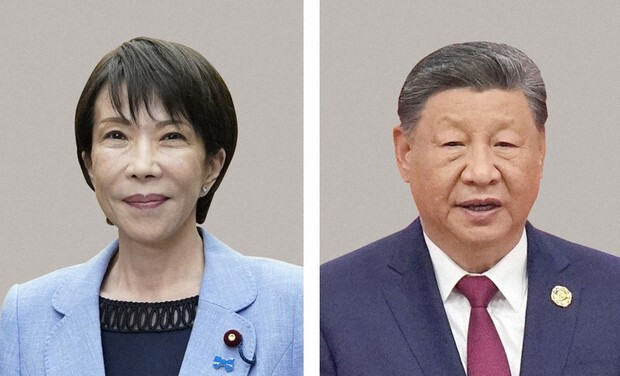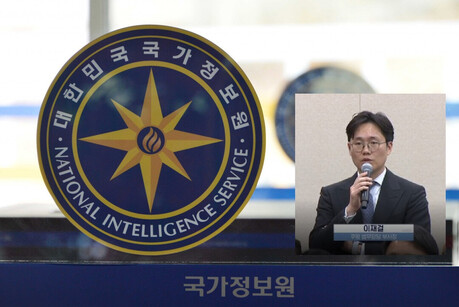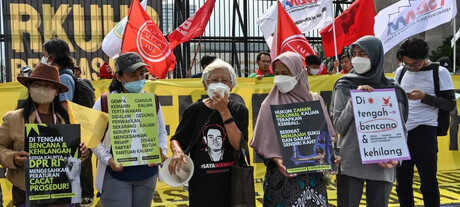
(C) The Mainichi
TOKYO/BEIJING – Diplomatic relations between China and Japan have sharply deteriorated, culminating in Beijing issuing a strong travel advisory urging its citizens to avoid visiting Japan. This unprecedented move is a direct response to Japanese Prime Minister Sanae Takaichi's recent statement suggesting that a military contingency in the Taiwan Strait could trigger Japan's right to collective self-defense.
On Friday, the Chinese Foreign Ministry and the Embassy in Japan issued a notice on their official social media channels, advising citizens to "avoid traveling to Japan in the near future" and urging those currently there to "remain highly vigilant" regarding local security conditions. Beijing explicitly cited Takaichi’s "blatantly provocative remarks regarding Taiwan" as the cause, claiming they had "severely damaged the atmosphere for people-to-people exchanges" and posed "significant risks" to the safety of Chinese nationals in Japan. This advisory is widely viewed as a concrete, retaliatory measure aimed at pressuring Tokyo, particularly targeting Japan’s crucial tourism sector, which relies heavily on Chinese visitors.
The row was sparked last week when Prime Minister Takaichi, during a parliamentary session, stated that a Chinese military attack on Taiwan could be considered a "survival-threatening situation" for Japan. Under Japan’s 2015 security legislation, such a designation could legally enable the Self-Defense Forces to exercise collective self-defense, potentially leading to Japanese military intervention alongside allies like the United States. Takaichi, known for her conservative and hawkish stance on China, has refused demands from Beijing to retract the statement, insisting it aligns with existing policy on hypothetical worst-case scenarios.
China, which views the self-ruled, democratic island of Taiwan as an inalienable part of its territory to be unified by force if necessary, has reacted with fury. Vice Foreign Minister Sun Weidong reportedly summoned the Japanese ambassador, demanding a retraction and warning that any interference in China’s "reunification cause" would be met with a "heavy blow." Further escalating the exchange, a Chinese diplomat in Osaka posted a highly inflammatory social media comment—later removed—that was widely interpreted as a threat against the Japanese leader, prompting a strong protest from Tokyo.
Following the travel warning, major Chinese airlines, including Air China, China Southern, and China Eastern, announced they would offer passengers free cancellations or changes for Japan-bound flights.
In Tokyo, Chief Cabinet Secretary Minoru Kihara protested the travel advisory, stating it was "not in line" with the broader direction of "strategic and mutually beneficial relations" confirmed by Takaichi and Chinese President Xi Jinping during their meeting last month. Kihara emphasized the need for "multilayered communication" given the existing differences.
The escalating dispute highlights the fragile nature of Sino-Japanese relations and Japan's growing concern over the security of the Taiwan Strait, a mere 100 kilometers from its nearest islands. As the diplomatic fallout continues, analysts suggest Takaichi’s unprecedented, explicit comments may signal a deeper, long-term shift in Tokyo’s position on Taiwan's security, further complicating the geopolitical stability of the Asia-Pacific region.
[Copyright (c) Global Economic Times. All Rights Reserved.]




























